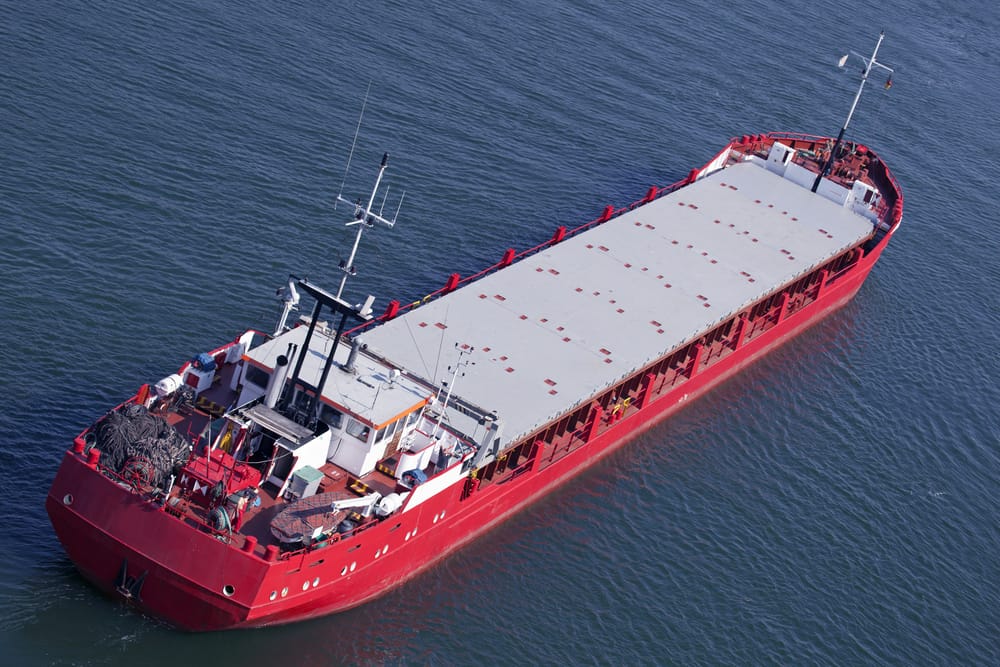21 August 2025 — In a significant leap toward smarter maritime operations, ZeroNorth has launched a new feature for its Vessel Reporting platform: the integration of high-frequency data (HFD) directly into noon reports. This upgrade isn’t just a tweak — it’s a major shift in how performance data is captured, verified, and used across the shipping industry.
At the core of this innovation is a simple premise: manual reporting is outdated. Noon reports, traditionally filled in by hand by crew members, are prone to error and take valuable time. ZeroNorth’s HFD integration aims to change that — automatically injecting accurate, real-time sensor data into up to 14 key performance fields. The result? Cleaner data, less manual work, and smarter decision-making.
The new system doesn’t remove human oversight — it enhances it. Crew members can still manually adjust any of the pre-filled fields, but any changes are flagged and visible to shore-based teams. This ensures transparency while maintaining flexibility onboard.
According to ZeroNorth, the system saves an average of 20 minutes per vessel per day, a significant efficiency gain when scaled across large fleets. That time can now be spent on higher-value tasks instead of routine data entry.
One standout feature: multi-sensor compatibility. The platform isn’t locked into a single hardware ecosystem. It pulls data from various onboard sensors and cloud systems, making it especially attractive to operators with mixed fleets and legacy setups. In short, it makes high-quality performance data accessible to everyone — regardless of the sensors they use.
According to Bjørn Ørving, VP of Product Innovation Operations at ZeroNorth, the feature is a direct response to the industry’s need for accurate and transparent data in a rapidly evolving regulatory landscape. “This feature directly addresses that challenge by reducing manual reporting effort, improving data quality, and ensuring that owners, charterers, and crews can trust the information they rely on to make decisions,” he stated.
The HFD upgrade builds on ZeroNorth’s larger mission to clean up and standardize maritime data. Earlier this year, the company introduced its Data Health Score, giving users a simple way to assess and improve the accuracy of their reports. Now, with real-time data flowing directly into daily reports, the foundation for optimization, compliance, and decarbonization becomes even stronger.
ZeroNorth’s platform already supports features like offline reporting, multi-user workflows, and over 200 in-platform data validation points — all designed to simplify and streamline daily operations. This new release ties it all together by closing the loop between shipboard sensors and shore-based analytics.
This update isn’t just a product enhancement — it’s a sign of where maritime tech is headed: toward full digital integration, trusted data pipelines, and automation that empowers rather than replaces the human element.
Companies interested in the new feature can book a demo via the ZeroNorth platform.
Noon reports are a long-standing cornerstone of vessel operations, serving as the daily snapshot of a ship’s performance and condition. Compiled manually by the crew around 12:00 local time, these reports capture critical data points such as position, speed, weather, engine metrics, and fuel consumption.
While essential for voyage tracking, fuel optimization, regulatory compliance, and communication between ship and shore, the traditional process is time-consuming and vulnerable to human error. In today’s fast-moving, data-driven maritime landscape, the limitations of manual noon reporting are becoming increasingly clear — and ripe for transformation.
ZeroNorth is a maritime technology company founded in 2020 with a mission to accelerate the decarbonisation of global shipping. Headquartered in Copenhagen, ZeroNorth operates across 10 countries and employs more than 600 people. Its platform leverages data and artificial intelligence to optimise voyage planning, reduce emissions, and enable digital transformation across the maritime supply chain.
In 2024, ZeroNorth’s systems reduced CO₂ emissions by over 1 million metric tonnes, optimizing over 72,000 voyage legs and generating 1.5 million route simulations. Customers include shipowners, charterers, operators, cargo owners, and bunker suppliers seeking a more efficient, data-informed path to sustainability.





